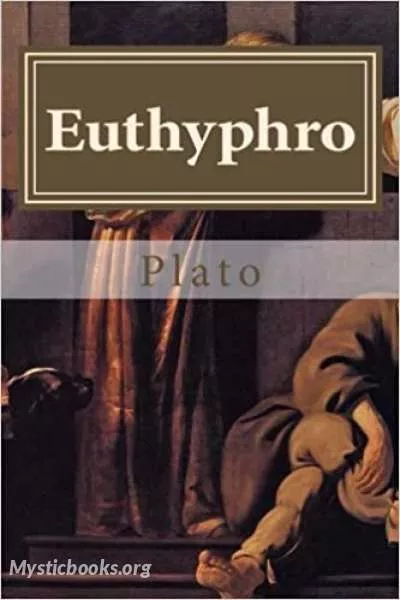
Euthyphro
'Euthyphro' Summary
In this dialogue, Socrates meets Euthyphro at the porch of the King Archon. Socrates tells him that he is preparing to go to court against the charges of Meletus on the grounds of impiety. Euthyphro tells Socrates that he is going to court himself to prosecute his father for binding a worker in chains and leaving him to die. This has granted him the ire of his own family who believe his father was in the right. The worker had killed a fellow worker and this they believe, exempts them from liability for leaving him bound in the ditch to starve to death. Since Euthyphro seems assured of himself, Socrates asks him to define piety. His help will clarify Socrates' case in the courtroom. If Socrates is asked to define piety, he can simply rely on Euthyphro's definition. This however leads to the main dilemma of the dialogue when the two cannot come to a satisfactory conclusion. Is something pious because God approves of it or does God approve of it because it is pious? This aporic ending has led to one of the strongest theological debates in religious history.
Book Details
Language
EnglishOriginal Language
GreekPublished In
Authors
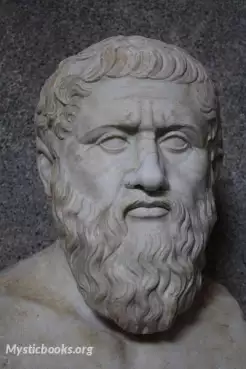
Plato (Πλάτων)
Greece
Plato ( Classical Attic; 428/427 or 424/423 – 348/347 BC)) was an Athenian philosopher during the Classical period in Ancient Greece, founder of the Platonist school of thought and the Academy,...
Books by Plato (Πλάτων)Download eBooks
Listen/Download Audiobook
- Select Speed
Related books
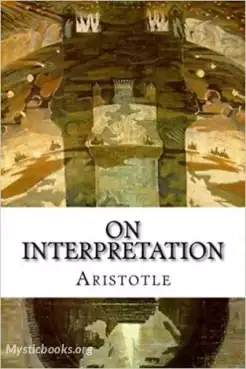
On Interpretation by Aristotle
De Interpretatione or On Interpretation is the second text from Aristotle's Organon and is among the earliest surviving philosophical works in the Wes...
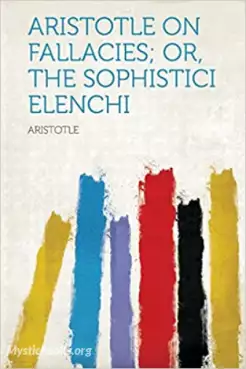
Sophistical Elenchi by Aristotle
The Sophistical Elenchi is the sixth of Aristotle's six texts on logic which are collectively known as the Organon ("Instrument"). In the Sophistical...
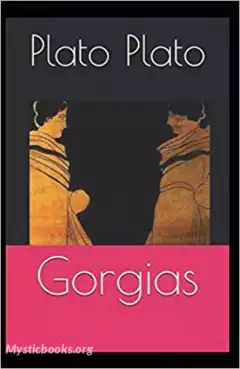
Gorgias by Plato (Πλάτων)
Gorgias is a Socratic dialogue written by Plato around 380 BC. The dialogue depicts a conversation between Socrates and a small group of sophists (and...
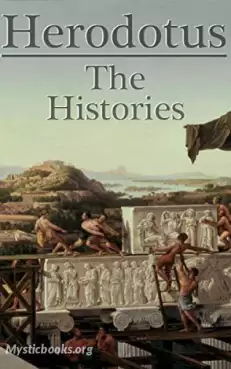
Herodotus' Histories Vol 2 by Herodotus of Halicarnassus
The Histories of Herodotus is considered the founding work of history in Western literature. Written in 430 BC in the Ionic dialect of classical Greek...
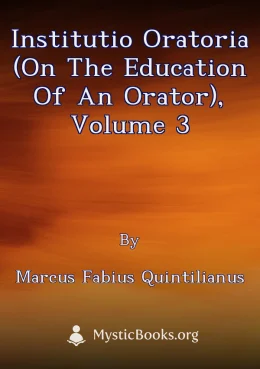
Institutio Oratoria (On the Education of an Orator), volume 3 by Marcus Fabius Quintilianus
Quintilian's *Institutio Oratoria* is a comprehensive treatise on the art of oratory, offering guidance for aspiring orators in Roman society. This vo...
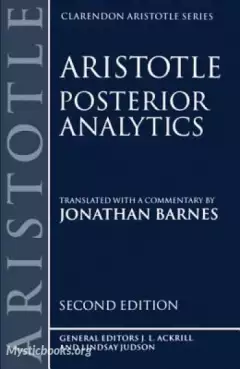
Posterior Analytics by Aristotle
The Posterior Analytics is a text from Aristotle's Organon that deals with demonstration, definition, and scientific knowledge. The demonstration is d...
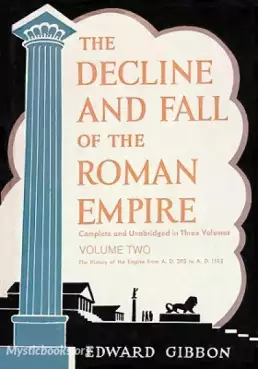
The History of the Decline and Fall of the Roman Empire, Vol. II by Edward Gibbon
Gibbons relates in detail the political, martial, social, and theological developments that saw the ultimate split of the Roman Empire, the fall of th...
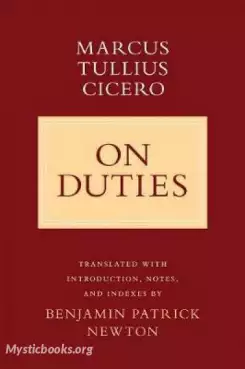
On Duties by Marcus Tullius Cicero
De Officiis (On Duties or On Obligations) is a 44 BC treatise by Marcus Tullius Cicero divided into three books, in which Cicero expounds his concepti...

The World’s Story Volume III: Egypt, Africa and Arabia by Eva March Tappan
A journey through the ancient civilizations of Egypt, Africa, and Arabia awaits you in this captivating book. The World's Story Volume III: Egypt, A...
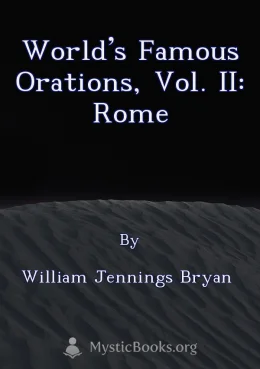
World’s Famous Orations, Vol. II: Rome by William Jennings Bryan
This book, 'World's Famous Orations, Vol. II: Rome,' is a collection of renowned speeches delivered by prominent Roman statesmen. Compiled by William...
Reviews for Euthyphro
No reviews posted or approved, yet...